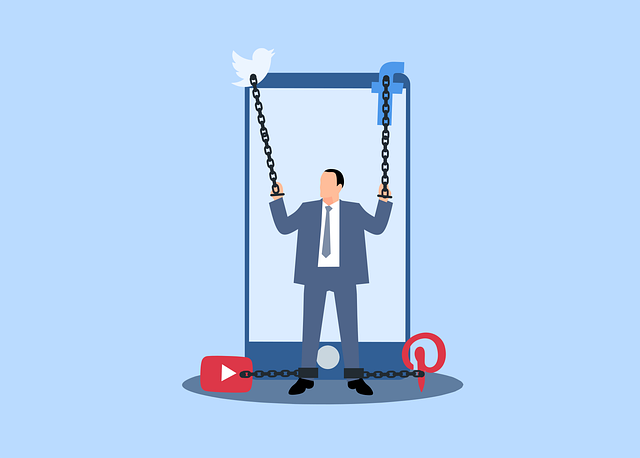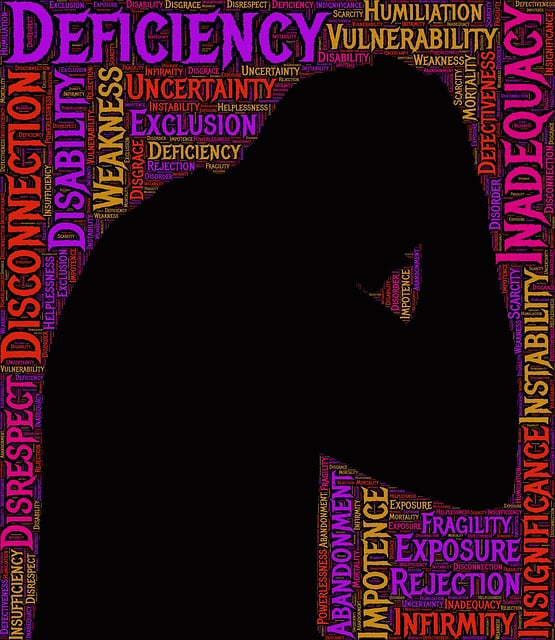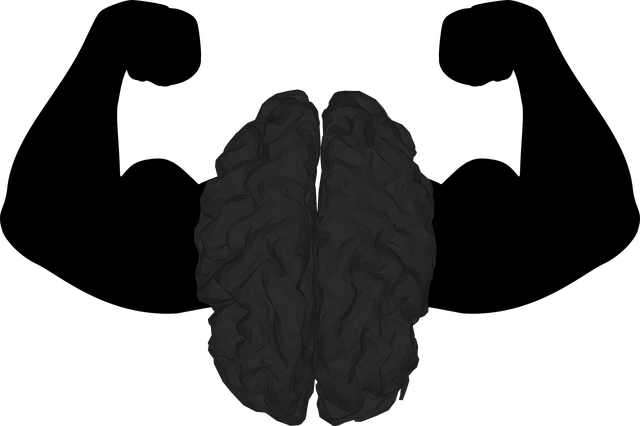In today's fast-paced world, therapy for children sexual dysfunction is a growing need within holistic care, with mental wellness coaching programs providing specialized guidance tailored to each child's unique needs. These programs focus on enhancing mood management, self-esteem, and confidence, empowering young individuals to overcome internalized fears and traumas associated with sexual dysfunction. By integrating evidence-based techniques and mental health education, coaches promote overall mental wellness and resilience, preventing long-term trauma. Comprehensive training and regular assessments ensure personalized strategies for diverse client backgrounds, addressing sexual dysfunction effectively through strategic coaching approaches.
Mental wellness coaching programs are transforming children’s therapy, addressing a growing need for holistic support. This article explores three key aspects: understanding the importance of mental wellness coaching in children’s therapy, designing effective strategies for sexual dysfunction support, and implementing successful coaching practices with measurable impact. By integrating these approaches, therapists can enhance treatment outcomes, empower kids, and foster healthier development. Discover how these programs are revolutionizing care for young individuals facing mental health challenges, including sexual dysfunction.
- Understanding the Need for Mental Wellness Coaching Programs in Children's Therapy
- Designing Effective Sexual Dysfunction Support Systems Through Coaching
- Implementation and Impact: Strategies for Success in Children's Mental Health Coaching
Understanding the Need for Mental Wellness Coaching Programs in Children's Therapy

In today’s fast-paced world, mental wellness coaching programs have become an integral part of therapy for children, addressing a growing need for support. Children often face unique challenges that can impact their emotional well-being, including issues related to sexual dysfunction. Therapy for Children Sexual Dysfunction is not just about treating a physical condition but also involves nurturing psychological health. Mental wellness coaches play a pivotal role in this process by providing specialized guidance tailored to each child’s unique needs.
Coaching programs focus on enhancing mood management skills, boosting self-esteem, and building confidence in young individuals. These programs are designed to equip children with the tools to navigate their emotions, improve interpersonal relationships, and foster a positive sense of self. By integrating evidence-based techniques, coaches help children overcome internalized fears, anxieties, or traumas associated with sexual dysfunction, thereby promoting overall mental wellness and resilience.
Designing Effective Sexual Dysfunction Support Systems Through Coaching

Designing effective sexual dysfunction support systems through coaching is a specialized area within mental wellness that requires tailored strategies and techniques. This approach recognizes the unique challenges faced by individuals, especially children, navigating sexual dysfunction, often stemming from trauma or developmental issues. By incorporating elements of Mind Over Matter principles, coaches can help clients challenge negative thought patterns and beliefs associated with their condition.
Mental health education programs design plays a crucial role in empowering both clients and healthcare providers. Coaches can educate clients on the neurobiology of sexual responses, fostering understanding and self-compassion. Simultaneously, burnout prevention strategies for healthcare providers are essential to ensure therapists remain resilient and effective over time. Through comprehensive training and ongoing support, coaches can develop robust systems to address sexual dysfunction, enhancing the overall mental wellness of their clients.
Implementation and Impact: Strategies for Success in Children's Mental Health Coaching

Implementing mental wellness coaching programs for children involves careful strategy and tailored approaches to address their unique needs. One effective method is integrating therapy for children with sexual dysfunction, as early intervention can prevent long-term psychological trauma. By incorporating specialized techniques, such as Emotional Well-being Promotion Techniques and Self-Esteem Improvement activities, coaches can create a supportive environment where kids feel safe to express themselves.
Success in these programs relies on healthcare provider cultural competency training, ensuring that coaches understand the diverse backgrounds of their young clients. This knowledge enables them to adapt coaching strategies, fostering better connections and outcomes. Regular assessments and feedback loops are essential tools to monitor progress, allowing for adjustments and personalizing the coaching journey towards each child’s specific mental health goals.
Mental wellness coaching programs are emerging as powerful tools in children’s therapy, addressing diverse issues such as sexual dysfunction. By integrating effective strategies from these programs, therapists can significantly enhance the implementation and impact of care, fostering healthier, happier outcomes for young individuals. As the demand for comprehensive mental health support grows, understanding and refining these coaching methods will be key to improving the lives of those in need.








